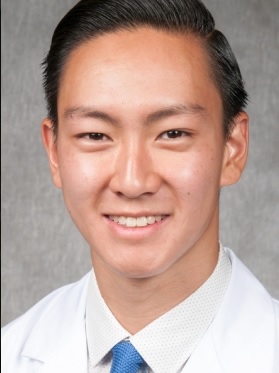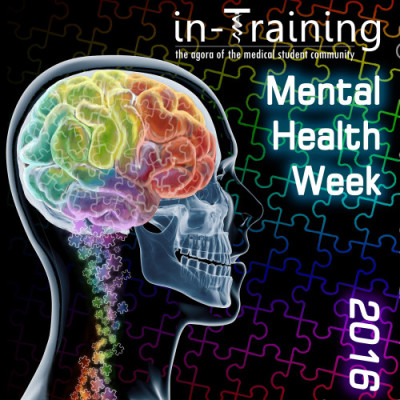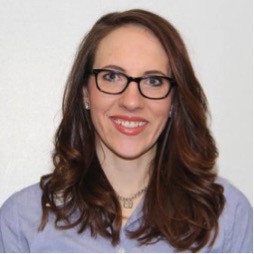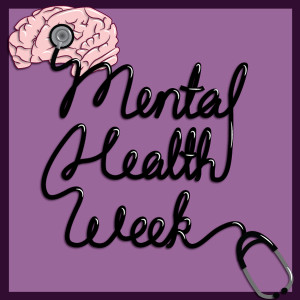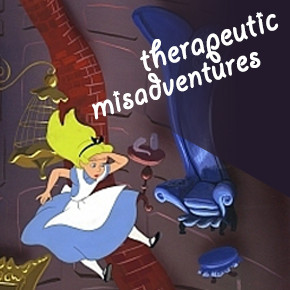A Doctor’s Worth
It was a tangent during conversation, but I felt my jaw tighten as soon as I heard it. Proposed changes, increase in work hours, for the good of the patients and of the doctors too. It was a Friday evening as I was working on a project with colleagues. As we scuttled toward a new topic, my thoughts were heavy and my hands, anxious. A friend brought up the proposed revisions concerning medical interns’ work hours the Accreditation Council for Graduate Medical Education is pushing to a vote in February. ACGME is looking to raise the number of hours that can be worked consecutively by medical interns from 16 to 24 hours, plus an extra four for patient handoffs.

